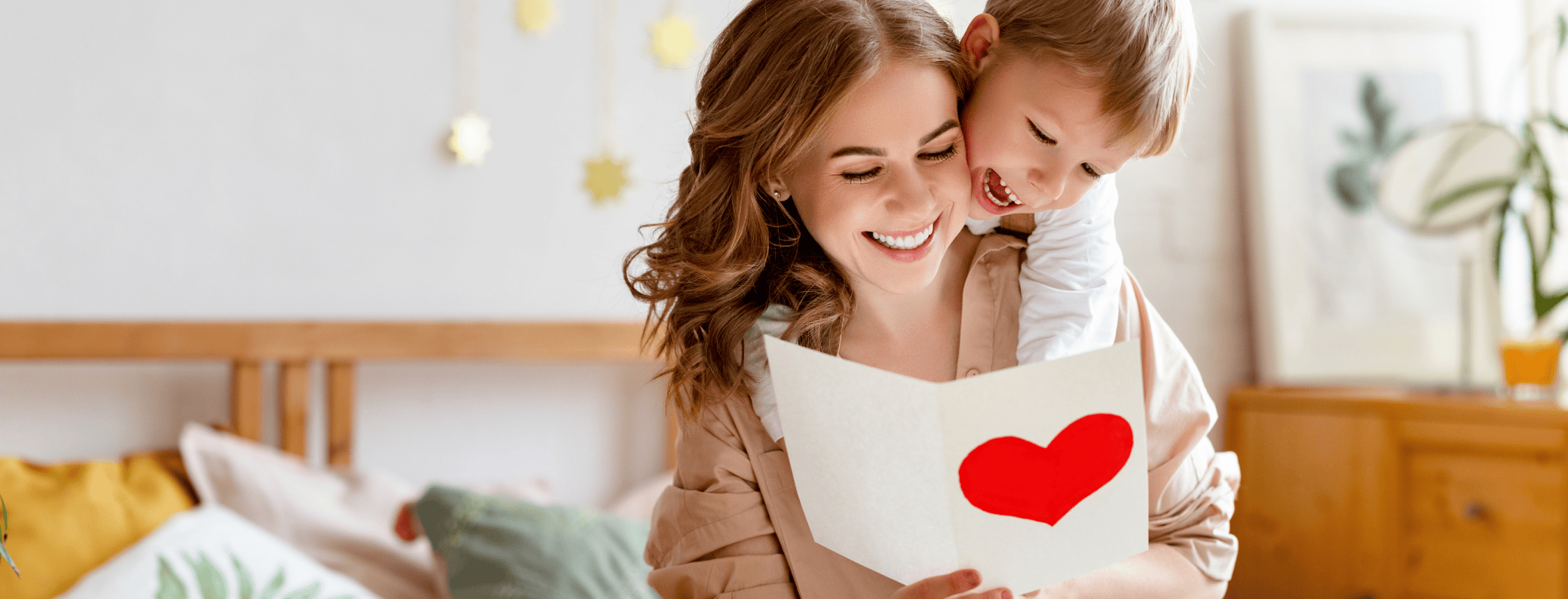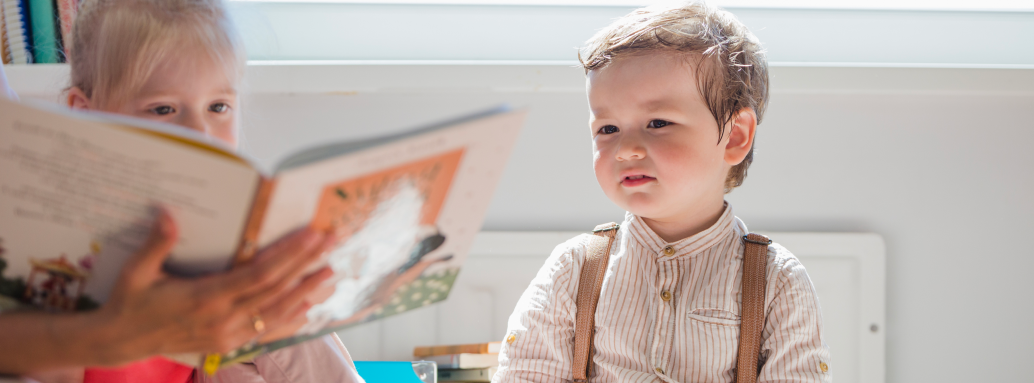Empowering childcare centres with tools to simplify operations and enhance outcomes
Automate payments, manage subsidies, and ensure financial accuracy with ease.
Effortless communication between families and educators for instant updates, messages, collaboration, and conversations.
Track, document, and celebrate every milestone in a child’s journey.
Simplify enrolment, manage waitlists, and track attendance effortlessly.
Streamline scheduling, performance tracking, and team communication.
Keep families informed with real-time updates and daily reports.
Discover how Parent can transform your childcare centre’s operations
Access a variety of tools, guides, and insights to help you get the most out of Parent
Stay updated with industry trends, expert advice, and childcare management tips.
See how childcare centers like yours achieved success with Parent.
Find quick answers to the most common questions about Parent's features and services.
Join live sessions or watch on-demand webinars for in-depth guidance and tips.
Get step-by-step support with articles, guides, and troubleshooting resources.


The first day of school can be a mix of excitement, anxiety, and curiosity for both children and adults. For young ones starting in a new environment, it’s a big leap, full of new faces, routines, and challenges. Parents and educators alike play a vital role in making this transition smooth, supportive, and enjoyable. Here’s a guide to help prepare for that all-important first day.
15 Tips for Parents & Educators for the First Day of School Prep
The first day sets the tone for the rest of the school year. It’s the moment children form initial impressions about school, and it can shape their attitude toward learning. A positive start helps children feel safe, curious, and excited about what’s to come.
Every child is different. Some kids eagerly anticipate new experiences, while others might feel nervous or overwhelmed. Spend time understanding their feelings about school. Are they excited, scared, or maybe both? Open communication allows children to express their feelings and helps you know how best to support them.
Nervousness is normal for a new experience. Reassure your child that feeling anxious is okay and that many other kids feel the same way. Sharing a personal story of your first day at school, or practicing relaxation techniques, can offer comfort.
Having the right supplies can make a huge difference. Check the school’s supply list well in advance, ensuring your child has everything they need. Let them pick out a few items in their favorite colors or characters to add a sense of ownership and excitement.
Routine is key to a smooth school transition. A few weeks before school begins, start a morning routine that includes waking up, having breakfast, and getting ready by a set time. Practice can make the actual first day feel more natural and less rushed.
Many children wonder, "What will I do all day?" Help your child understand the school day structure, from morning activities to snack times and play. This familiarity helps reduce the fear of the unknown.
A strong parent-teacher relationship is invaluable. Teachers often send welcome letters or orientation materials before school starts. Attend any available orientations, and don’t hesitate to reach out with questions or share relevant information about your child.
The first day of school can be a perfect opportunity to introduce age-appropriate responsibilities. Encourage your child to pack their bag, choose their outfit, and remember to bring personal items, like a favorite stuffed toy, for comfort.
A nourishing lunch keeps energy levels up and promotes focus. Get your child involved in picking lunch items they’ll enjoy. Familiar foods help them feel at home and provide comfort if they’re feeling nervous.
Separation anxiety is common, especially for younger children. Practicing short separations before school starts, such as leaving them with a family member or sitter, can help ease this. On the first day, keep goodbyes short and positive.
Knowing at least one other child in their class can make the first day less intimidating. If possible, arrange a playdate with a classmate before school begins. This simple gesture can build familiarity and ease social anxiety.
Setting expectations helps children know how to act and interact. Talk to them about sharing, listening, and respecting teachers and classmates. Practicing these behaviors at home prepares them to succeed in a social environment.
An after-school routine can help children unwind and process the day. Setting aside time for homework, a snack, and a short break reinforces structure and balances their energy.
Marking the occasion can make the day feel special and memorable. A small celebration—like a favorite dinner or a first-day-of-school photo—can create a positive association with the school and reinforce their accomplishment.
Preparing for the first day of school doesn’t have to be overwhelming. With a bit of planning, empathy, and structure, parents and educators can create a supportive environment that builds confidence and excitement in children.
1. How can I help my child feel less anxious about starting school?
One of the best ways to ease anxiety is to talk openly about school and what to expect. Visit the school together, if possible, and describe the fun activities they'll be doing, like playing with classmates, having story time, and engaging in arts and crafts. Practicing separation through short periods apart and creating a morning routine a few weeks before school starts can also help them feel more prepared and secure on the big day.
2. What should I include in my child’s backpack for the first day?
Most schools provide a list of supplies, so start there. Essentials typically include a water bottle, snacks or lunch, a change of clothes (especially for younger kids), and any required school supplies like crayons or notebooks. Adding a small comfort item, such as a family photo or favorite toy, can provide a sense of security.
3. How can I prepare my child to be more independent at school?
Encourage age-appropriate independence by letting your child practice simple tasks like packing their backpack, dressing themselves, and managing their belongings. Before school starts, establish routines for organizing their things, so they become comfortable with managing their items. Building independence at home will help them feel more confident in a school setting.
4. How can I make drop-off easier if my child has separation anxiety?
Keep goodbyes short, cheerful, and positive. Reassure your child that you’ll be back soon, and avoid lingering as this can sometimes make anxiety worse. Develop a special goodbye routine or handshake to make parting a bit more fun. Remind them of the exciting activities they'll be doing and assure them that they’ll be safe and have a great time.
5. What should I do if my child doesn’t make friends right away?
It's normal for some children to take longer to make friends. Encourage your child to join group activities and be open to playing with others. You can also talk to their teacher to get insights into their interactions and discuss ways to foster friendships, like arranging a playdate with a classmate. Remind your child that friendship takes time and that it’s okay if it doesn’t happen immediately.


